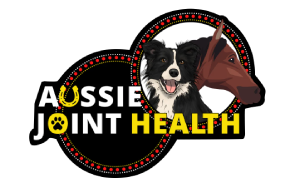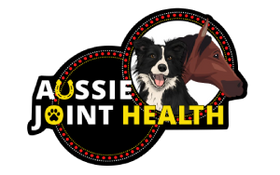Understanding Arthritis in Horses
In all creatures including horses, the cushioning cartilage which lines the ends of bones in the joints breaks down over time, losing its protective properties.
As your horse's joint health degrades with cartilage break down, the lubricating joint fluid is reduced, and the horse's joint loses its ability to cushion impact and provide a gliding surface between the bones. Consequently, horses with arthritis normally become lame, and may suffer from joint pain even before their unsoundness is visible.
Arthritis in horses is painful, and their motion will become more limited over time.
Look for symptoms of arthritis and joint pain in your horse:
- Stiffness - In the early stages, the stiffness in horses suffering from arthritis will disappear once the horses have warmed up. In more advanced cases of arthritis in horses the stiffness caused by the pain in their joints will remain visible.
- Pain - Look for reluctance to go forward, a limited range of motion, unsoundness and uneven movement.
- Heat in affected joints
- Joint inflammation
- Lameness
- Bony growths - Bone spavin, spurs like ringbone, osteophytes.
The weight-bearing joints of our horses' legs tend to be most prone to arthritis. However arthritis can also develop in horses due to extra stress or injury to any joint. The repetitive concussive force used in a particular equestrian sport can increase a horse's susceptibility to arthritis in certain joints.
Arthritis in horses affects any joint that moves, including the knees, shoulder joints, spine, fetlocks, hocks, and stifles. All these joints bear the horse's weight.
Commonly affected are the horse's fetlocks, knees, coffin bones, and hocks.
As part of arthritis management in horses, it is imperative to reduce inflammation, reduce discomfort, and work to slow the progression of joint damage.
Equine Joint Plus is designed to support your horse's joint health
Equine Joint Plus is composed of ingredients chosen for a variety of reasons.
- Glucosamine, the cartilage building block, protects bone ends and ensures smooth movement.
- Chondroitin assists cartilage and joint elasticity, water retention, and shock absorption.
- Hyaluronic acid is suitable for shock absorption and supporting joint composition due to its lubricating ability and high viscoelasticity.
- MSM assists to block pain impulses from reaching the horse's nerve fibers. Anti-inflammatory properties make MSM helpful for arthritis.
- Vitamin C plays a key role in collagen synthesis and repair.
Your horse will receive only the highest quality supplement, because Equine Joint Plus is manufactured in APVMA-approved facilities that follow GMP (Good Manufacturing Practices).
With the assistance of veterinarians and scientists, we researched and developed equine and canine supplements specifically formulated for daily consumption. As part of our commitment to producing premium products, we do not cut corners when formulating or manufacturing our products.
In addition, our products are endorsed by equine vet, Dr. Nikita Stibbard, a Veterinary Science / Veterinary Biology Honors class 1 graduate.

